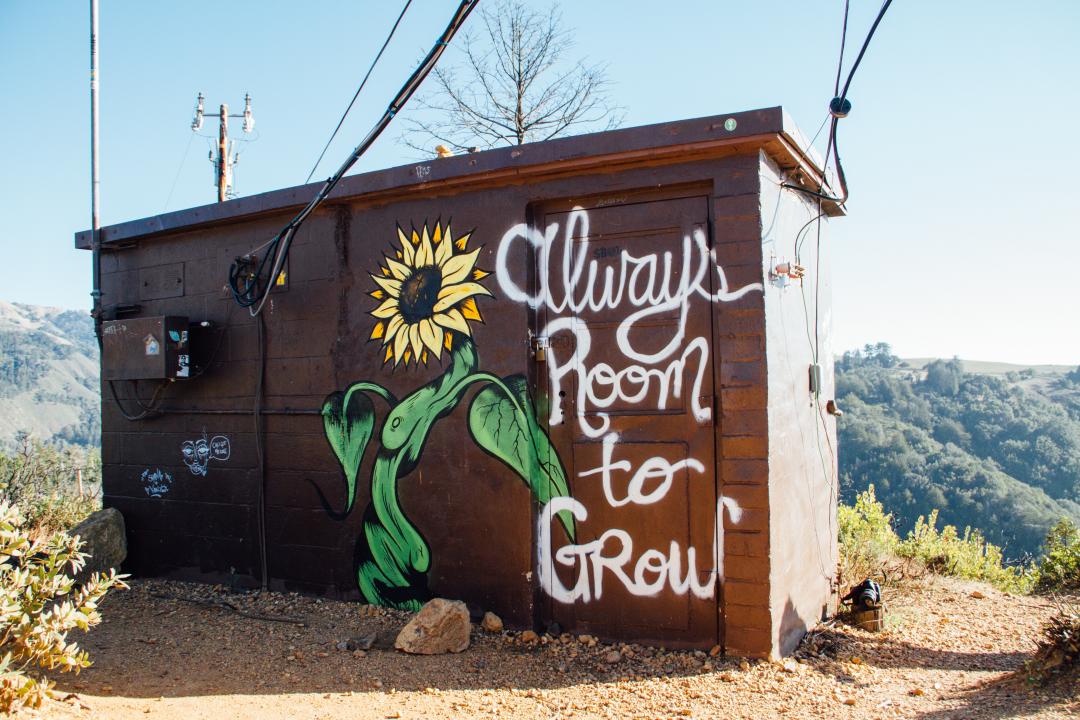Harnessing the Full Potential of Inclusive Business
Dr. George Schoneveld recently led a large-scale evaluation of inclusive business innovations and currently manages inclusive business technical support programs in Myanmar, Laos, Ghana, Mozambique and Ethiopia.
You argued in the recent publication “Sustainable business models for inclusive growth: Towards a conceptual foundation of inclusive business” that inclusive business models (IBMs) could be reframed as sustainable business models (SBMs). What do you think are the main practical advantages of this reframing for practitioners?
Conceptually, IBMs can be viewed as types of SBMs. SBMs emphasize sustainable value creation, which like IBMs encompasses social and economic value creation, but places more emphasis on environmental impact.
This doesn’t mean that companies with IBMs should radically alter their value proposition to be branded ‘sustainable businesses’, but it does mean that they must begin monitoring their environmental footprint more closely. Sufficient evidence has shown that creating social value may well result in environmental value destruction. Most developing country populations depend on natural resource intensive industries like mining or agriculture for their livelihoods. Improving returns on BoP production encourages new entrants into the market and helps existing producers expand their production capacity. Many BoP producers, however, lack the knowledge and resources to manage natural capital to international standards. Therefore inclusion – which is key to delivering inclusive development targets – can inadvertently accelerate environmental degradation processes. Smallholders supplying IBs, for example, frequently re-invest their proceeds into acquiring more land or intensifying production, often exacerbating deforestation, soil degradation and water pollution.
Framing IBMs as SBMs helps place more emphasis on such socio-ecological trade-offs. IBs that anticipate, safeguard against, and monitor the environmental consequences associated with productively integrating the BoP can more effectively and holistically contribute to development within planetary boundaries. This does not mean that IBs should advance environmental goals, but in the least they should strive to maintain natural capital.
For practitioners, development stakeholders and businesses included, this framing allows them to better position IB within global environmental discussions and policies. This enables practitioners to tap into new, and undoubtedly more plentiful, funding opportunities. It also helps to further mainstream and socialize the IB concept across global communities of practice.
IB has the potential to make tremendously important contributions to sustainable food systems and climate change agendas. Through the relationship IBs build with the BoP, they are supremely positioned to disseminate climate smart technologies, encourage uptake of agroecological production practices and incentivize compliance with sustainability standards amongst BoP suppliers. This potentially vital role remains under-explored, requiring more concerted efforts from both the IB and environment-centric communities to align their strategies and interventions. Framing IBMs as SBMs arguably helps better capitalize on potential synergies between these different communities of practice.

Is there a risk of ‘greenwashing’ for businesses that are labeled sustainable (including IBs), and how can it be mitigated?
‘Washing’, whether green, social, pink or blue, is a risk inherent to any industry positioning themselves as responsible. In the end, the proof is in the pudding, or at least it should be. Businesses should be judged, and labelled, based on demonstratable impacts and not by the quality of their PR.
Those supporting such businesses – whether financiers, development agencies or governments – have an important role to play in holding companies accountable for their corporate social and environmental performance. Certification, accreditation, and independent performance monitoring are important instruments. The IB accreditation systems that are beginning to emerge in some ASEAN countries, for example, could certainly help independently verify and validate a business’ sustainability. Additionally, financiers, especially those within the impact investing and development finance communities, should consider revisiting the indicators used to measure the performance of their portfolios. Too often, the impact of businesses they support is based on indicators such as ‘numbers reached’, without seriously considering depth of impact or environmental externalities.
What role do larger partnerships or coalitions play in helping IBs reach their environmental and social goals?
Larger coalitions play an important role in shaping global business norms by helping socialize and mainstream definitions, guidelines and expectations on responsible investment. By supporting the development of innovative new national and regional policy frameworks, they also help create business ecosystems conducive to IB, as demonstrated by iBAN’s collaboration with ASEAN (countries).
In future, I would like to see those coalitions focus more on developing and out-scaling business technical support facilities at country-level. There are many innovative social entrepreneurs and SMEs struggling to attract financing, the right partnerships and scale. Improving access to business incubation services is an avenue to helping such business deliver on their potential.
While more emphasis deserves to be placed on SMEs, larger businesses, too, could benefit from more technical assistance, particularly in developing more holistic sustainability solutions. Many struggle to maintain strong ties with their beneficiaries, manage and monitor unintended consequences and improve uptake of sustainable production practices among their suppliers. These issues tend to become more acute and pressing ‘at scale’.
Regardless, whether big or small, by themselves, IBs rarely possess the resources and competences needed to become and remain impactful. One thing we’ve seen time and again is that genuinely impactful IBs are those that manage to craft cross-sectoral partnerships – by, for example, leveraging the expertise of NGOs, governments, banks, producer associations and/or research institutions. Developing productive partnerships is challenging, however: Many potential partners lack experience engaging the private sector, or there is weak alignment between IBs and partner expectations and objectives.
It is in this space that coalitions have a comparative advantage. They often have the networks and technical capabilities to facilitate and mediate partnership formation and help build the capacity of potential partners to effectively engage the private sector. They also tend to possess skills to develop monitoring systems that measure IB impacts and unintended negative externalities. Helping IBs (and their partners) independently verify and demonstrate their societal impacts can go a long way to attracting investment for future replication and scaling.

The Inclusive Business Features launched in September at Business Call to Action’s side event at the UN General Assembly were developed by a range of stakeholders. What are your thoughts about this conceptualization of IB?
This is a much-needed publication that builds nicely on the G20 definition. I particularly appreciate its emphasis on realized impacts as opposed to assumed impacts. Many earlier conceptualizations imply that any business engaging the BoP as part of its core business is inclusive. This arguably facilitates ‘social washing’. Ample evidence has shown that improved BoP integration into commercial value chains can be risky and detrimental to BoP livelihoods because of ‘adverse incorporation’. For example, the BoP could be locked into unfavorable or even exploitative supply contracts or bear the bulk of production risks. By emphasizing ‘net positive impacts’, as well as calling for the use of appropriate metrics to measure such impacts, the publication contributes to reducing the risk of social washing.
That being said, in future iterations the Inclusive Business Features should consider going a few steps further. Emphasizing net positive impacts on the BoP leaves some latitude for interpretation. Does that mean that ‘the BoP’ as a group should on aggregate be better off? What about especially marginalized and vulnerable groups? Hypothetically, the aggregate income of a company’s BoP suppliers could go up, but the income of its female suppliers go down. This raises fundamental questions about distributional equity which the publication does not engage with.
It is unfortunately also silent on discriminatory practices common to businesses engaging the BoP upstream. Engaging many small suppliers implies high transaction costs. To manage those transaction costs, many businesses will be inclined to engage BoP suppliers they trust, who have the technical capabilities to produce in accordance with company standards and can commit enough land and/or labor resources to production. So, if an IB only chooses to engage the richest, best resourced producers and closes off opportunities to smaller more vulnerable ones, is that business really inclusive? These are questions that the IB community should really try and grapple with more.
Finally, ‘net positive impact on the BoP’ might result – as discussed earlier – in a net negative impact on the environment. Environmental issues therefore deserve to feature in future iterations of this publication.
How do you expect the discussion on IB to evolve over the next few years?
I expect it to become more technocratic – focusing on fiscal incentives, accreditation systems and investment policy frameworks. I hope, however, that global coalitions will make more deliberate efforts to purposefully position IB within global policy debates that are better funded, have more political traction and offer more commercial opportunities to IBs. To really mainstream IB, practitioners need to leverage and promote the potential of IBs to contribute to transformational changes within different global forums: particularly those on climate change, zero deforestation, food systems and responsible investment.
